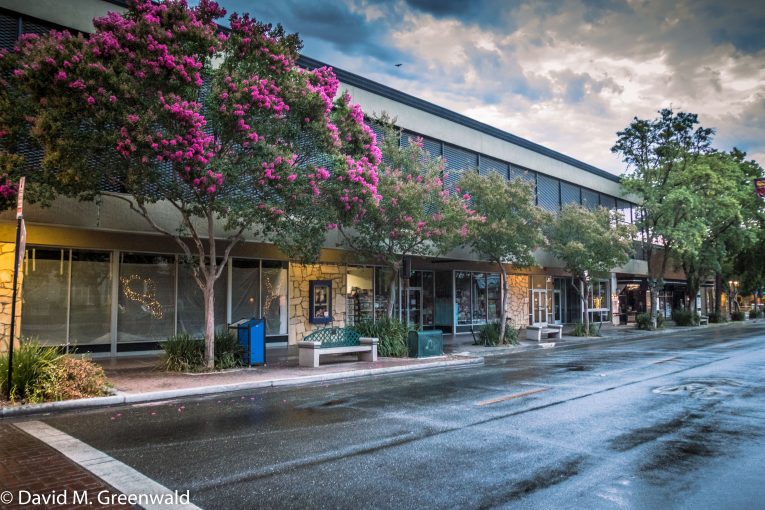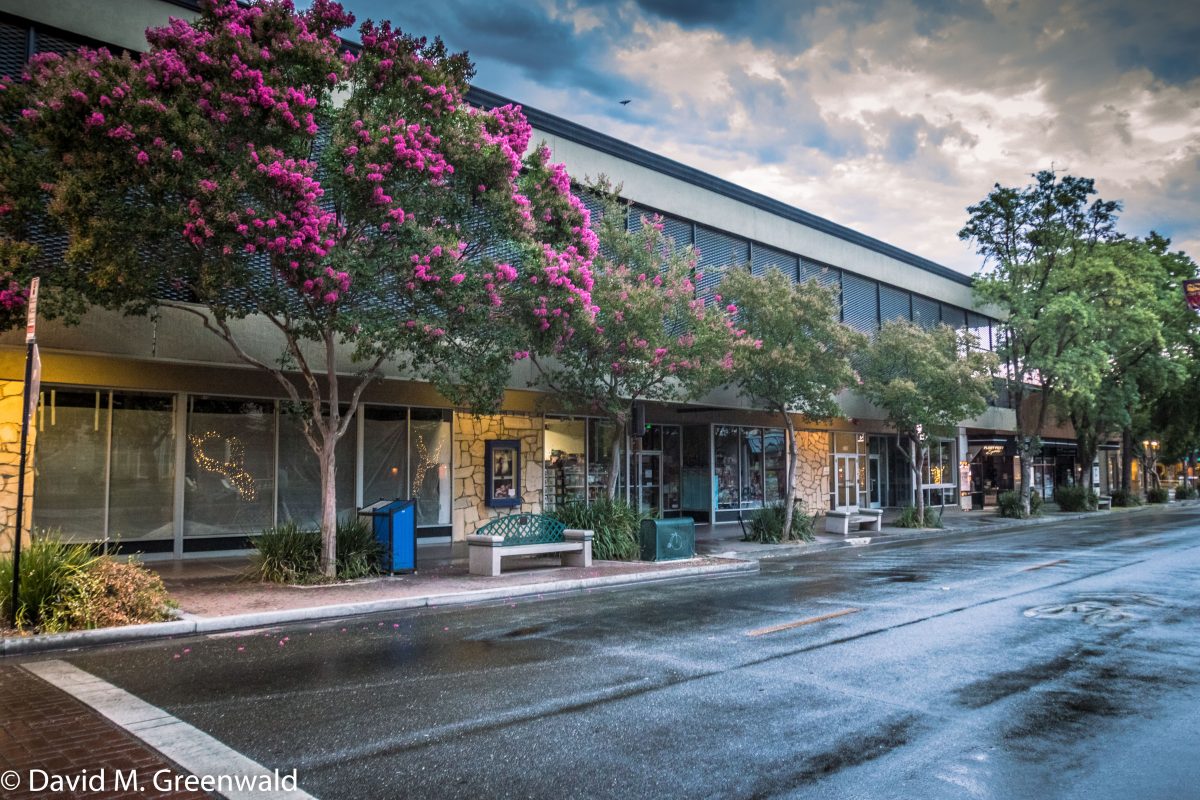

By Zohd Khan
DAVIS — During Monday’s Finance and Budgeting Commission (FBC), guest speaker Thomas Adams of Avenue Insights and Consultants provided a recent summary of the Sales Tax Performance and City Revenue in Davis, which has been immensely affected by the COVID-19 crisis.
Adams began by detailing the main contributors to the current 8.25 percent sales tax rate in the city of Davis. He reported that 1 percent of the tax is derived from Bradley-Burns Uniform Local Sales and Use Tax, with another 1 percent being attributed to Transactions and Use District Tax. The remaining 6.25 percent of sales tax is designated for various local or state programs.
Adams continued by providing a list of the top 25 sales tax producers for the city of Davis. Notable Companies included In-N-Out, CVS, Target and Hanlees Toyota/Nissan. While Adams was able to provide the top 25 producers, he could not offer any official rankings because that information is considered confidential. However, he did state that these 25  businesses/companies are reported to constitute for 57 percent of all sales tax produced for Davis.
businesses/companies are reported to constitute for 57 percent of all sales tax produced for Davis.
Furthermore, Adams expanded on the main categories these top 25 producers fall into, as he said that they consist of 13 transportation companies, four food production companies, six general retail companies and two construction companies.
Adams then discussed specific sales tax data regarding the most recent quarters, and compared how the economy has been managing both pre- and during COVID-19. For the second quarter of the fiscal year (April, May, June), the Bradley-Burns Sales Tax Performance decreased by about 27.9 percent — worse than the State’s overall rate of 19 percent.
Despite this alarming statistic, Adams reassured that “we ultimately wound up being right around where we thought we would be pre-pandemic.” Adams’ statement signifies that although initial expectations were concerning, things were fortunately not aggravated or intensified due to any unforeseen circumstances from the pandemic.
Of all categories covered in Adam’s presentation of the Bradley-Burns Sales Tax Performance, transportation was the hardest hit, with a $230,652 decrease in sales tax production. This was caused by decreased reliance on transportation services to abide by social distancing rules as personal safety concerns by the general public. Food production was the second greatest sufferer with a $146,821 decrease and general retail followed with a $34,135 decrease.
Another interesting idea addressed by Adams was the fact that Davis (as well as the rest of the world) is in the midst of an “odd recession,” one that has been “hitting some areas that ordinarily wouldn’t be affected much by a recession.”
One example that illustrates this point is the unusually harsh impact this pandemic has had on in-person retailers, mainly due to the increased reliance on online retailers such as Amazon. Similar to transportation, this is caused by many people refraining from shopping in-person to adhere to COVID-19 prevention guidelines, and instead resorting to online shopping as their main method for purchasing goods.
An additional mentioned economic peculiarity seen during this recession is the negative impact on food products, specifically restaurants. Adams cited the decrease in demand for restaurants due to people potentially “not feeling comfortable” in an eating environment with such strict regulations imposed.
Adams concluded his presentation with a reflection on what he believes the future may hold, and what the “new normal” may look like given the circumstances the pandemic has presented us with. He emphasized that quarter two of the fiscal year was very unusual, with the recession potentially making its greatest or most profound impact on the economy throughout this summer.
With this in mind, Adams explained that this third quarter will coincide with businesses and organizations partially opening back up, so people will begin to travel more and businesses may restart. This means that the “new normal” will largely depend on economic activity reports throughout this third quarter.
Support our work – to become a sustaining at $5 – $10- $25 per month hit the link:
